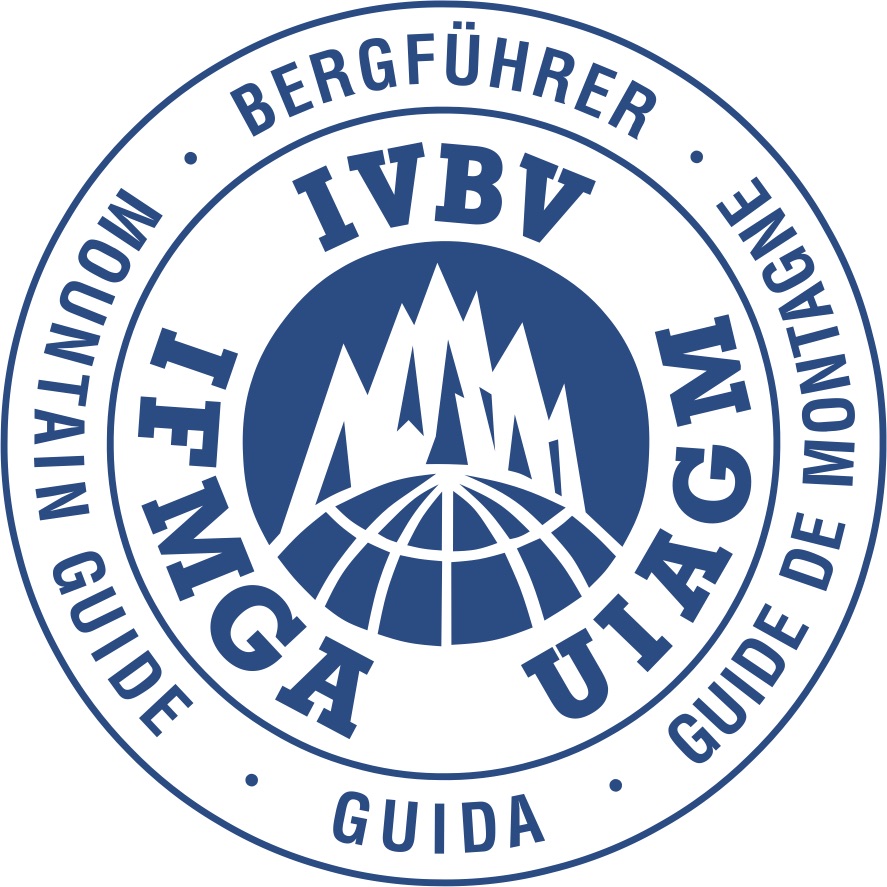Glacier Skills Course
Mt. Baker, WA | 3 Days
These programs are generally 3 days long and focus on expedition skills in glaciated terrain. Glacier navigation strategy and rescue skills are the major focuses. Access to complex glaciated terrain is important and generally too far to access with out overnight programs. We will usually be camped on snow in the alpine.
Days will focus on glacier tours that provide navigation practice as well as opportunities to practice rescue and steep ice movement skills in real terrain. Interacting with real crevasses are key to effective practice. Some of the most important parts of effective rescue are not the technical systems themselves but making sure they are applied to real situations well.
In addition to technical skills a huge focus will be on understanding snow and ice climates interact to form glaciers and the associated snow cover we travel on. We can use this knowledge to hopefully never need use our crevasse rescue skills.
Check out the seasons programs listing for dates or get in touch about scheduling a program.
Does going up on the glacier and lowering someone 20 feet into a bottomless crevasse and having some fun climbing ice on the way back out sound routine? If it doesn’t are you really ready to be up on the glacier in less ideal conditions when you might actually fall in one? This program is based around advanced glacier navigation and rescue skills that will empower you to make the most of your time on large glaciers.
Topics
- Snow climbing and self arrest techniques
- Vertical ice and snow movement skills
-
Glacier climbing rope work and equipment use
- Glacier navigation, safety and rescue
- Expeditions skills, snow camping, camp craft
Whats included
- Instruction from an IFMGA guide
- Group technical gear: ropes, pickets
- Group camp gear: stoves, fuel, tents
Whats not included
- Transportation and lodging off mountain
- Food
- Personal gear
- Forest service parking pass
General Itinerary
TBD
Evening Zoom Meeting
Two weeks out we will have a zoom meeting to go over last minute questions as well as address questions about food and packing strategies.
Day 0
Flights into Anchorage Drive to Valdez
Day 1
Approach to Camp
Day 2
Skills Day
Head out onto the glacier to find some good crevasses to practice snow anchors and rescue skills.
Day 3
Skills Day and Hike Out
Glacier travel and navigation to complex broken icefalls to find another serac zone where we can add more rescue skills as well as steep ice and snow climbing. Hiking out in the evening.









Tips/Tricks/FAQ
- Price depends on enrollment, a $300 deposit reserves your spot and the full balance is due when enrollment is finalized.
- Generally programs need at least 3 people to run. If you have a group of 2-3 friends that would like to join that is usually the best way to get program that works for your schedule. Having a good team is essential in the mountains and I always try to do my best to create programs with people who are on the same page for goals and experience.
- If you want to join solo you will generally have to joining a program already running. Private programs are also available.
- These can be ski or climbing based programs.
Know Your Guide
When you hire a guide through a guide service, the most important part of the trip is an unknown. This program is based around making sure you know what you’re paying for. As an IFMGA guide with over ten years experience you will be teaching the cutting edge techniques and best practices that are really being used in the mountains by the pros. There are less than 170 American’s who have an IFMGA license.



